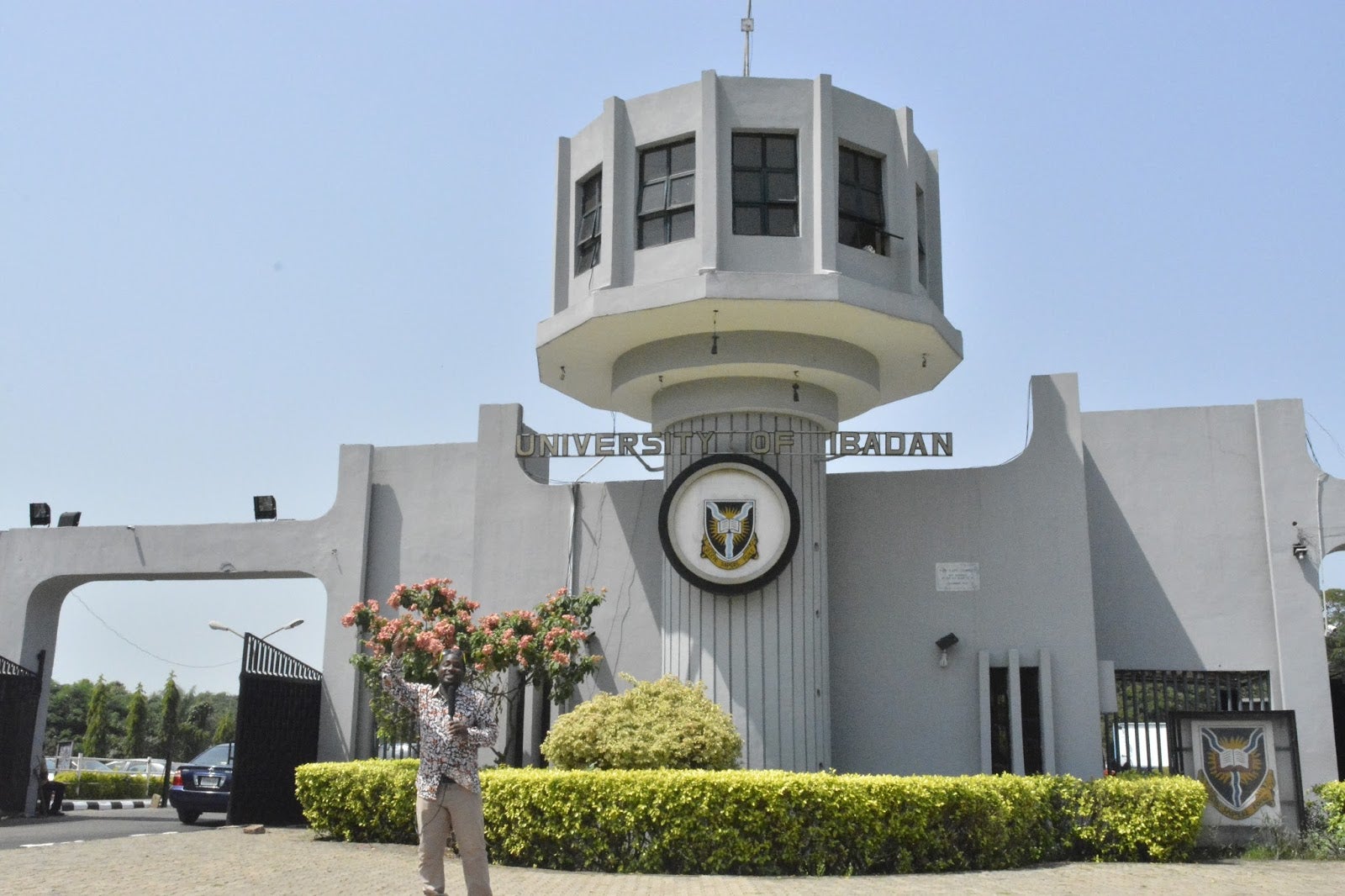By Destiny Uko
Overcrowded hostels. Unsafe off-campus houses. Tired medical undergraduates sleeping shifts. These are common realities across Nigeria’s medical schools, where rising enrollment clashes with stagnant infrastructure.
But a growing movement led by alumni is offering a sustainable solution.
A U.S.-based Nigerian doctor, Philip Ozuah, has donated $1 million towards constructing a new student hostel at the College of Medicine, University of Ibadan. His contribution, made through the Ibadan College of Medicine Alumni Association Worldwide (ICOMAA-WW), is part of a broader effort to transform student housing through alumni-led partnership.
Dr. Ozuah, now President and CEO of Montefiore Medicine and a member of the MBBS class of 1985, described the donation as a way of giving back to the institution that shaped him.
His support addresses a critical need: with limited hostel space, many medical students are forced into unsafe, overcrowded, or costly accommodations far from campus—hindering their studies, health, and overall well-being.
The planned hostel will provide 664 bed spaces, complete with a utility building, study lounges, parking lots, and a warden’s lodge. The infrastructure is more than brick and mortar—it’s a strategic investment in student success, health worker retention, and national development.
A ripple effect
Dr. Ozuah’s gift has unlocked further donations. Notably, Lt. Gen. Danjuma pledged $1.36 million for another hostel block, while various alumni classes have followed suit.
These contributions signal a shift: alumni are emerging as critical partners in solving infrastructure deficits once left solely to government.
Through the ICOMAA-WW, the process is being transparently managed, with frequent progress reports, site visits, and public recognition via a “Wall of Fame”. This accountability strengthens trust and helps bring academic donors into closer alignment with the school’s vision.
Safe student housing is a retention strategy. With many young doctors emigrating due to poor training conditions, well-equipped campuses can motivate them to stay, study, and serve locally.
Other prominent medical schools (like those at Lagos and Obafemi Awolowo universities) can adapt similar frameworks.
To make it work, schools must define and communicate their infrastructure needs clearly, while alumni associations develop formal giving structures.
Institutional leadership must thereby commit to opening the door for alumni infrastructure support. Alumni associations must formalise giving frameworks and accountability systems.
Where possible, alumni funding should collaborate with TETFund, MDCN, or state support to amplify impact. If successful, this collaborative model could profoundly upgrade medical training nationwide without entirely relying on unpredictable state budgets.
The College of Medicine UI’s hostel project shows that transformation starts with lived experience. When an alumnus who once experienced overcrowded dorms and interrupted evenings offers relief and others join, the result is tangible, visible advancement.
As Nigeria seeks sustainable solutions to its medical education crisis, alumni-led infrastructure may well be the blueprint to watch.
Medical schools across Nigeria face challenges of overcrowded and unsafe student accommodations, exacerbated by increasing enrollment without matching infrastructure development. In a significant move, Nigerian alumnus Dr. Philip Ozuah, currently based in the U.S., donated $1 million towards building a new student hostel at the University of Ibadan's College of Medicine. This initiative, highlighted by the planned 664-bed hostel with modern amenities, is a part of broader alumni-led efforts to improve student housing conditions, impacting the students' well-being and academic performance.
Following Dr. Ozuah's donation, further contributions were made, such as Lt. Gen. Danjuma’s $1.36 million pledge for another hostel block. These efforts indicate a shift, with alumni taking on key roles in addressing infrastructure deficits traditionally left to the government. Through the Ibadan College of Medicine Alumni Association Worldwide, these initiatives are managed transparently, enhancing trust and encouraging more contributions.
By providing safe and adequate housing, these projects serve as retention strategies, encouraging young doctors to remain and work within the country. The success of this model highlights the potential for other institutions to adopt similar frameworks, integrating alumni contributions with available governmental or institutional support to sustainably upgrade medical training facilities. This alumni-led infrastructure development could become a significant tool in addressing the broader medical education crisis in Nigeria.






